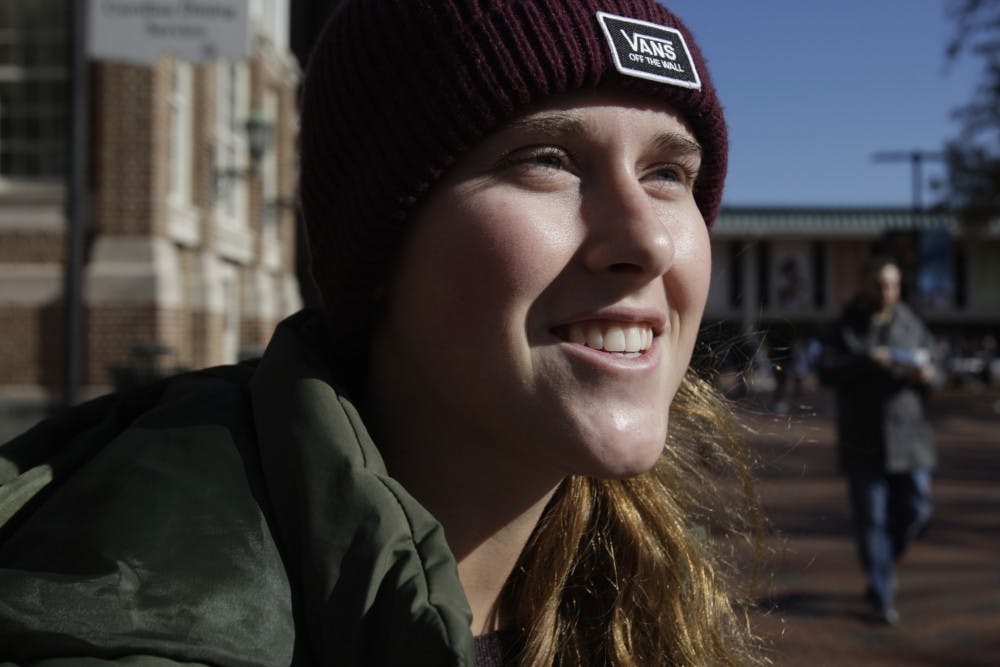2018 voter turnout in Orange County increased 27.7 percent from the 2014 midterm election. This is partially because of young voters, who showed up to the polls in large numbers.
Some of this turnout is owed to student activism, which had an increased presence on campus this election season.
NextGen America, a nonprofit organization which works to register thousands of voters annually, chose 41 youth-dense precincts across the country to monitor over the course of election day to gauge young voter enthusiasm. Four of those precincts were in North Carolina, and voter turnout surpassed 2014 totals at three of them.
Midterm elections usually see lower turnout than other more publicized elections, but at the NC-13 precinct on UNC-Greensboro’s campus, voter turnout increased by over 137 percent.
Bridget Killian, director of the New Voter Project for the North Carolina Public Interest Research Group, said it seemed like students were more politically engaged during this election season.
“We had a huge turnout at our early voting party at the polls," she said. "Just that, to me, showed that people were interested in getting involved, people were excited about it."
Many UNC students interviewed by the DTH said they felt that receiving information about candidates and when and where to vote helped them feel comfortable participating in the election. Several said this past election and the activism they saw accompany it made them want to involved in the political process themselves.
Andrew Robinson, a first-year biology major, said he was planning to get involved in student activism. He said that to him, that means going out in the community and trying to better it.
“Last year, I was in high school, so not a lot of people could vote anyway, but I’ve definitely noticed a lot more people in college coming out and caring about it,” he said.



